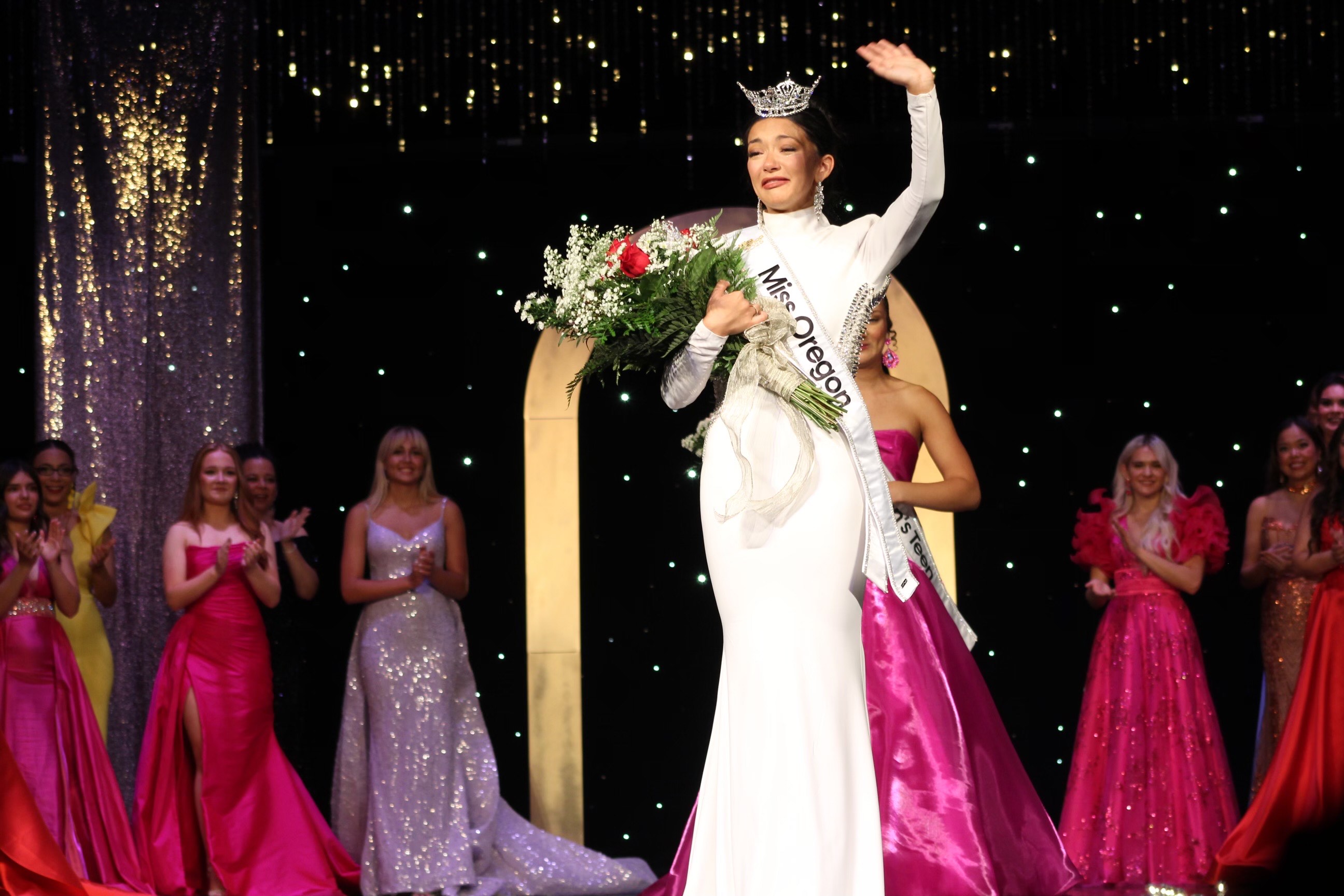Our View: Rural Oregonians get bigger voice in wildlife policy
Published 12:30 am Saturday, July 22, 2023

- The state Legislature has voted to reconfigure the Oregon Fish and Wildlife Commission, which sets policy for the management of wildlife.
A bill passed by the Oregon Legislature during the recent session moved fish and wildlife policy in a commonsense direction.
The Oregon Fish and Wildlife Commission is in charge of programs and policies concerning the management and conservation of those resources.
Since 1975, commissioners have been appointed by the governor to staggered four-year terms. Until now, one commissioner was chosen from each of Oregon’s congressional districts — five, at the time the statute was written. Additionally, an at-large member was chosen from each side of the Cascade Range.
The addition of a sixth congressional district after the 2020 census made the old statute outdated, requiring that the Legislature reconfigure the commission.
Because Oregon’s population is concentrated west of the Cascades, and mostly in the Willamette Valley, Oregon’s congressional districts are also concentrated there — four of five before 2020, five of six today.
Rural interests — including hunters, farmers, ranchers and tribes — have long complained that Oregon’s urban residents have a disproportionate voice in wildlife policy. The resources being managed, they say, are in rural Oregon, but the managers are in urban Oregon.
We often hear about the need for diversity in state policy, but not, it seems, when the diverse voices are rural.
Environmental groups don’t want rural Oregonians to have sway over policy. They like things the way they’ve always been.
“Proportional representation based on people, not land or industry, is the best way to ensure the public interest will be served,” said Quinn Read, state policy director for the Center for Biological Diversity nonprofit.
Rural legislators proposed that the commission draw its members from each of Oregon’s five river basin management areas — three of which are in primarily rural areas — and that the two at-large positions be retained.
In theory, that would have given rural Oregon four members to urban Oregon’s three members.
That was a nonstarter for the majority of legislators and the groups that back them. But after seven amendments, a deal was finally reached that does not give rural Oregon the majority of positions, but does increase its voice.
Under the amended bill, members will be chosen from the five river basin management areas — a feature similar to the original proposal — while northwestern Oregon will still hold a majority of seats.
Two river basin management areas that include the populous Willamette Valley will each get two representatives, while the remaining three management areas will each get one representative.
Under House Bill 3086, western urban Oregon gets four representatives, rural Oregon gets three representatives.
Opponents of the measure are not wrong when they assert that the natural resources and wildlife belong to all Oregonians. But rural Oregonians disproportionately live and interact with those resources. That experience is invaluable, and should count more in the formulation of management policies.
HB 3086 is a step in the right direction. A small step, but a step nonetheless.









